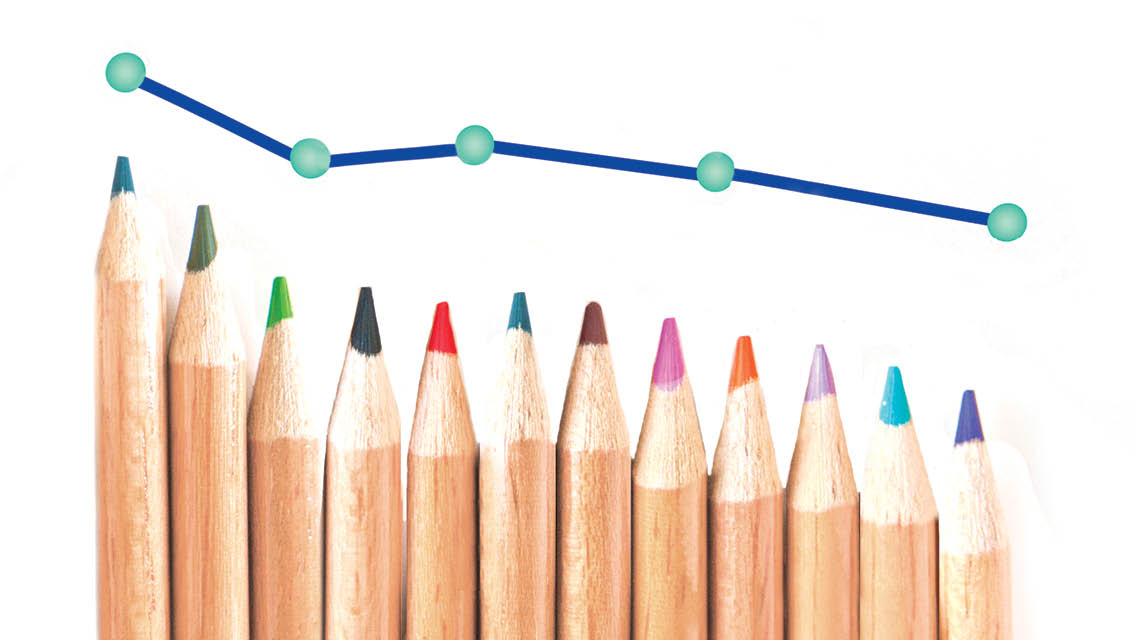Conventional wisdom tells us our metabolism peaks in our teenage years, boosted by puberty’s hormonal rush, then drops off precipitously once we turn 30 and continues to decline as we age.
Metabolism — the rate at which the body expends energy, or burns calories — does indeed change with age, but a recent large study confirms that it does so on a vastly different timeline than previously believed.
Data published in Science suggests that metabolism peaks in infancy, then slows by about 3 percent each year until we reach our 20s. When it levels off, this new normal remains stable — for decades. Metabolic rate doesn’t really start to decline again until after age 60, and even then, only gradually: less than 1 percent annually.
“There are lots of physiological changes that come with growing up and getting older — think puberty, menopause, other phases of life,” explains study coauthor Herman Pontzer, PhD, author of Burn, which examines human metabolism. “What’s weird is that the timing of our metabolic life stages doesn’t seem to match those typical milestones.”
Using data collected over 40 years, Pontzer and an international team of more than 80 scientists analyzed the average calories burned by more than 6,600 people from 29 countries. Study subjects ranged in age from one week to 95 years; 64 percent were female, 36 percent male.
“All of this points to the conclusion that tissue metabolism — the work that the cells are doing — is changing over the course of the lifespan in ways we haven’t fully appreciated before,” Pontzer says. “You really need a big data set like this to get at those questions.”
What a data set this large can’t do is tell the story of an individual whose metabolic rate at a given age may have diverged widely — as much as 25 percent — from the average. If you feel that your health (or your waistline) took a hit before the predicted age of 60, it’s possible that you’re one of these outliers.
It’s also possible that powerful factors beyond metabolism — such as behavioral, medical, and socioeconomic circumstances — are playing a role.





This Post Has 0 Comments